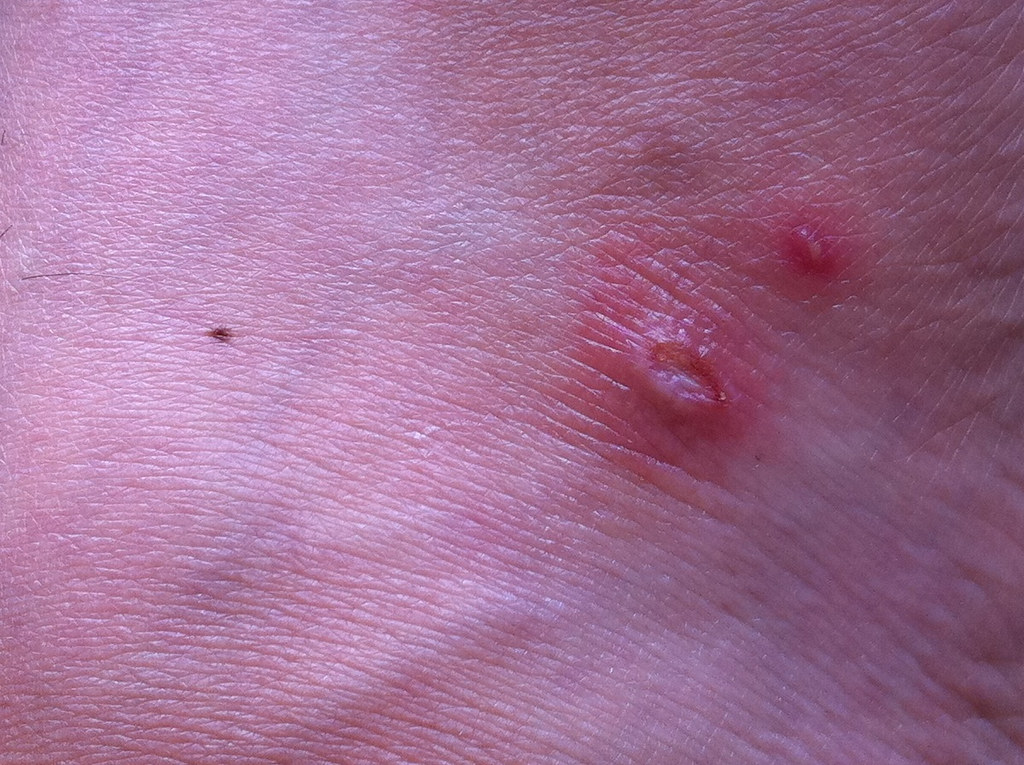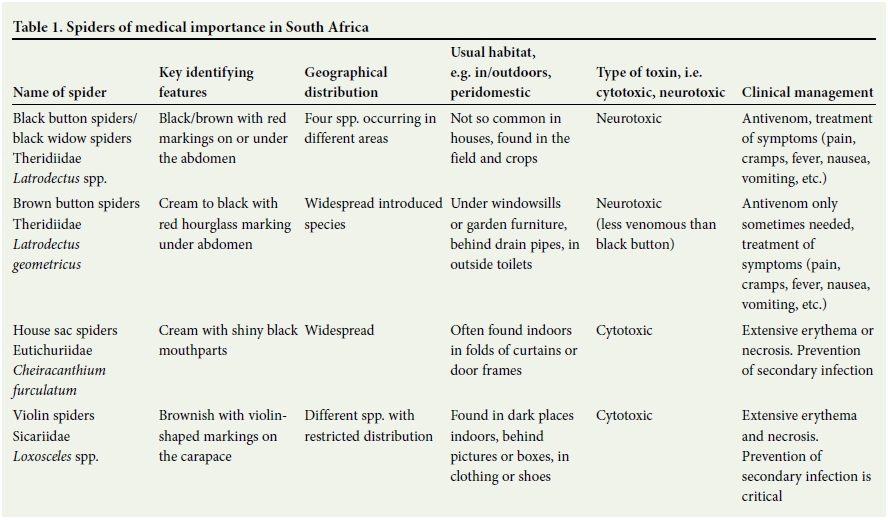Spider bites are a common concern for many people, especially during warmer months when these arachnids are more active. While most spider bites are harmless and cause only mild irritation, some can lead to serious health issues. Understanding the types of spiders that bite, the symptoms they cause, and how to treat them is essential for staying safe. In this article, we will explore everything you need to know about spider bites, including their causes, effects, and remedies.

What Are Spider Bites?
A spider bite occurs when a spider pierces the skin of a human or animal with its fangs. Most spiders are not aggressive and only bite when they feel threatened or trapped. The majority of spider bites result in minor reactions, such as redness, swelling, and itching. However, some species, like the black widow and the brown recluse, can deliver venomous bites that require medical attention.
Why Do Spiders Bite?
- Defense Mechanism: Spiders bite primarily as a defense mechanism when they feel threatened or cornered.
- Hunting: Some spiders use their venom to immobilize prey, but humans are rarely targeted for this purpose.
- Mistaken Identity: Spiders may accidentally bite humans if they mistake them for prey or if they are disturbed while resting.
Types of Spiders That Bite
While there are thousands of spider species worldwide, only a few are known to cause significant harm to humans. Below are some of the most common spiders responsible for bites.
Black Widow Spider
The black widow spider is one of the most well-known venomous spiders. It is easily identified by its shiny black body and the distinctive red hourglass shape on its abdomen. Black widows are commonly found in dark, secluded areas such as woodpiles, garages, and basements.
Symptoms of a Black Widow Bite
- Sharp, intense pain at the bite site
- Muscle cramps and spasms
- Nausea and vomiting
- Fever and chills
- In severe cases, difficulty breathing
Brown Recluse Spider
The brown recluse spider is another species known for its venomous bite. It has a violin-shaped marking on its back and is typically found in warm, dry environments like closets, attics, and sheds. Unlike black widows, brown recluses are not aggressive and usually bite only when pressed against the skin.
Symptoms of a Brown Recluse Bite
- Initial stinging sensation followed by pain
- Redness and swelling around the bite area
- A blister that may develop into an open sore
- Fever and body aches
- In rare cases, tissue damage or necrosis
Hobo Spider
The hobo spider is often mistaken for other species due to its nondescript appearance. It is commonly found in the Pacific Northwest region of the United States. While its bite is not considered life-threatening, it can cause significant discomfort.
Symptoms of a Hobo Spider Bite
- Immediate pain or numbness at the bite site
- Redness and swelling
- Headache and fatigue
- In some cases, a rash or ulceration
General Symptoms of Spider Bites
While the severity of symptoms depends on the type of spider, most bites share some common characteristics. These include:
- Redness and swelling around the bite area
- Pain or itching at the site of the bite
- A small bump or welt that may resemble a mosquito bite
- Inflammation or infection if the bite is scratched excessively
In cases where the spider is venomous, additional symptoms such as muscle pain, fever, and difficulty breathing may occur. If you experience any of these symptoms after being bitten, seek medical attention immediately.
Treatment for Spider Bites
The treatment for a spider bite depends on the type of spider and the severity of the reaction. For most non-venomous bites, home care is sufficient. However, venomous bites require prompt medical intervention.
Home Care for Non-Venomous Bites
- Clean the Area: Wash the bite site thoroughly with soap and water to prevent infection.
- Apply a Cold Compress: Use a cold pack or a cloth soaked in cold water to reduce swelling and numb the area.
- Elevate the Affected Area: Keep the bitten area elevated to minimize swelling.
- Use Over-the-Counter Medications: Apply hydrocortisone cream or take antihistamines to relieve itching and discomfort.
Medical Treatment for Venomous Bites
If you suspect a venomous spider bite, it is crucial to seek medical help as soon as possible. Doctors may administer antivenom or other treatments to counteract the effects of the venom. In the meantime, follow these steps:
- Stay Calm: Avoid panicking, as increased heart rate can spread the venom more quickly through the body.
- Clean the Wound: Gently wash the area with soap and water.
- Apply a Bandage: Cover the bite with a clean bandage to protect it from infection.
- Monitor Symptoms: Keep track of any changes in your condition and report them to a healthcare professional.
Preventing Spider Bites
Prevention is always better than cure. By taking a few simple precautions, you can reduce the risk of being bitten by a spider.
Tips for Avoiding Spider Bites
- Wear Protective Clothing: When working in areas where spiders are likely to be present, wear long sleeves, pants, and gloves.
- Shake Out Shoes and Clothing: Before putting on shoes or clothing that have been stored for a while, shake them out to ensure no spiders are hiding inside.
- Keep Your Home Clean: Regularly vacuum and dust your home to eliminate spider webs and hiding spots.
- Seal Cracks and Openings: Use caulk or weatherstripping to seal gaps around doors, windows, and foundations.
- Use Insect Repellents: Apply insect repellents when spending time outdoors in areas where spiders are common.
When to Seek Medical Attention
While most spider bites are harmless, certain signs indicate the need for immediate medical care. These include:
- Severe pain or swelling at the bite site
- Development of an open sore or ulcer
- Fever, chills, or body aches
- Difficulty breathing or swallowing
- Muscle cramps or spasms
If you experience any of these symptoms, contact a healthcare provider or visit the emergency room without delay.
Common Misconceptions About Spider Bites
There are several myths surrounding spider bites that can lead to unnecessary fear or improper treatment. Here are a few common misconceptions:
- All Spider Bites Are Dangerous: In reality, most spider bites are harmless and cause only minor irritation.
- You Can Always Identify the Spider: Many people assume they can identify the spider responsible for a bite, but this is often difficult unless the spider is caught in the act.
- Spider Bites Always Cause Necrosis: While some venomous spiders can cause tissue damage, this is rare and usually associated with specific species like the brown recluse.
Conclusion
Understanding the types of spiders that bite, recognizing the symptoms, and knowing how to treat and prevent spider bites can help you stay safe and avoid unnecessary panic. By following the advice outlined in this article, you can effectively manage spider bites and reduce the risk of complications.





